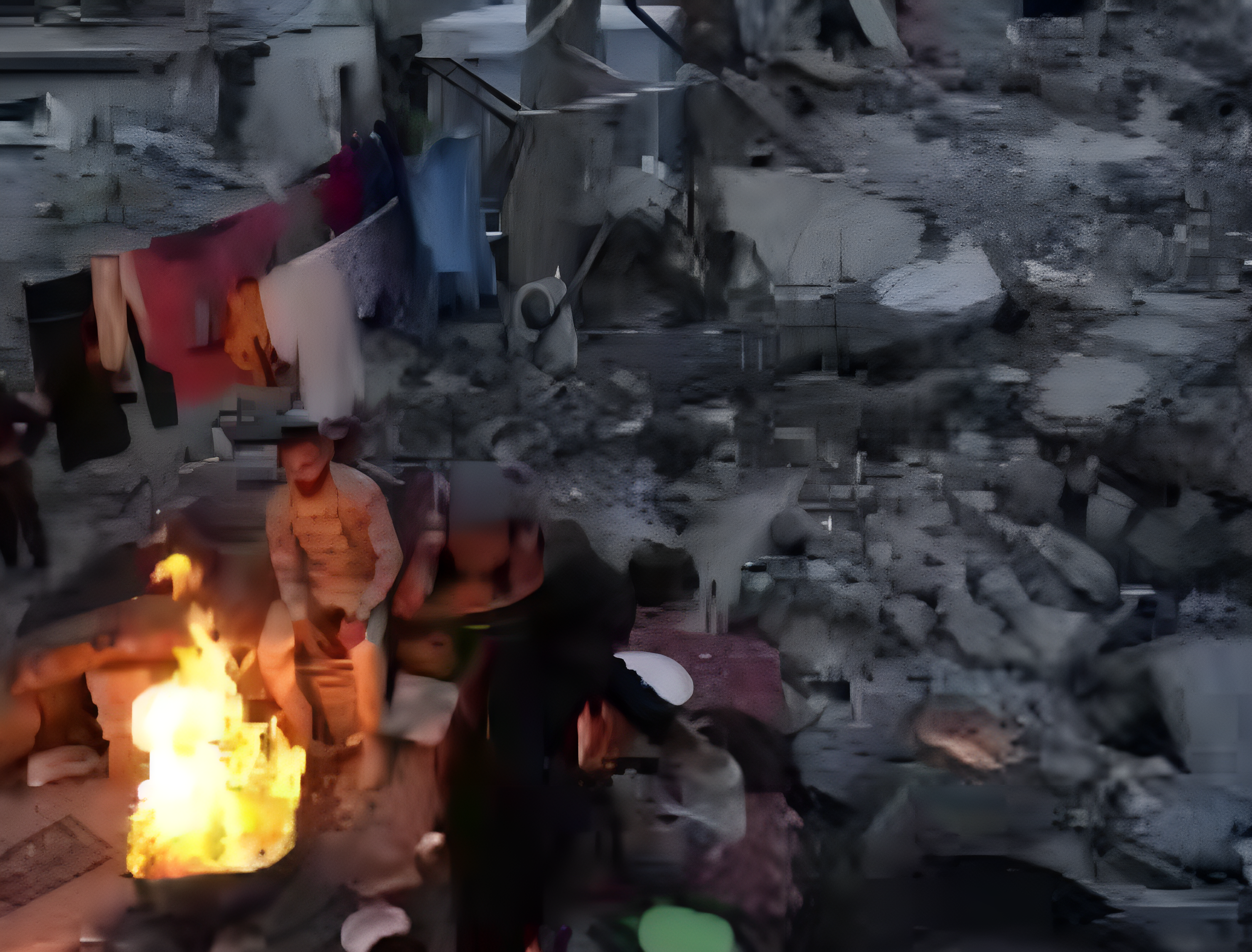
In a devastating escalation of violence, Israeli airstrikes on Gaza have killed at least 326 Palestinians, marking a severe breakdown of the fragile ceasefire with Hamas. The renewed conflict has plunged the region into chaos, with both sides exchanging blame for the collapse of peace efforts.
Overview of the Conflict
The Israeli-Palestinian conflict has a long and complex history marked by cycles of violence, ceasefires, and failed negotiations. This latest outbreak began after weeks of heightened tensions in Jerusalem and the West Bank, culminating in rocket attacks from Gaza and retaliatory strikes from Israel.
- Death Toll: According to the Palestinian Ministry of Health, the airstrikes have claimed 326 lives, including women and children, and left hundreds injured. Hospitals in Gaza are struggling to cope with the rising number of casualties, and the healthcare system is on the brink of collapse.
- Israeli Operations: Israeli military officials stated that the airstrikes targeted Hamas infrastructure, including tunnels, weapons storage facilities, and command centers. However, residential areas have also been hit, raising concerns about the disproportionate impact on civilians.
- Hamas Response: Hamas leaders have accused Israel of deliberate aggression. They have vowed to retaliate with further rocket attacks and called on international allies to condemn the Israeli strikes and provide support.
Timeline of Events
- Ceasefire Collapse: The truce between Israel and Hamas was initially brokered by international mediators. However, recent provocations, including the controversial eviction of Palestinian families in East Jerusalem, led to renewed hostilities.
- Rocket Attacks: Hamas launched rockets toward Israeli cities, citing the need to defend Palestinian rights. The Israeli Iron Dome defense system intercepted many rockets, but others caused significant damage and injuries.
- Israeli Airstrikes: In response, the Israeli Air Force conducted a series of strikes targeting what they described as Hamas’ strategic assets in Gaza.
Humanitarian Impact
The renewed conflict has led to devastating consequences for civilians in Gaza:
- Displacement: Thousands of families have been forced to flee their homes, seeking refuge in overcrowded shelters.
- Healthcare Crisis: Hospitals in Gaza are overwhelmed, with limited supplies and medical staff struggling to treat the injured.
- Infrastructure Damage: Key infrastructure, including roads, water systems, and electricity grids, has been severely damaged, compounding the humanitarian crisis.
- Psychological Trauma: The constant bombardment has left many residents, especially children, suffering from psychological trauma.
International Reaction
Global leaders and organizations have expressed deep concern over the escalating violence:
- United Nations: The UN Secretary-General called for an immediate cessation of hostilities and warned of a looming humanitarian catastrophe.
- United States: The U.S. has urged both sides to exercise restraint while reiterating its support for Israel’s right to defend itself.
- European Union: The EU has condemned the violence and called for renewed peace talks to address the root causes of the conflict.
- Arab League: The Arab League has strongly condemned Israel’s actions, accusing it of violating international law and human rights.
Causes of the Escalation
Experts point to several factors that have contributed to the current crisis:
- Jerusalem Tensions: Clashes between Israeli police and Palestinian protesters at the Al-Aqsa Mosque compound were a major trigger.
- Settlement Expansion: The ongoing expansion of Israeli settlements in the West Bank has fueled resentment among Palestinians.
- Economic Hardship: Gaza’s dire economic conditions, exacerbated by a long-standing blockade, have increased frustration and unrest.
The Role of the International Community
The international community faces immense pressure to intervene and mediate:
- Diplomatic Efforts: Countries like Egypt and Qatar are reportedly working behind the scenes to broker a new ceasefire.
- Humanitarian Aid: Organizations such as the Red Cross and UNRWA are appealing for funds to provide emergency assistance to Gaza.
- Accountability: Human rights groups have called for investigations into potential war crimes committed by both sides.
Regional Implications
The conflict’s repercussions extend beyond Gaza and Israel:
- Middle East Stability: Neighboring countries, including Jordan and Lebanon, fear spillover effects and rising tensions.
- Global Energy Markets: The instability in the region has led to fluctuations in oil prices, affecting the global economy.
- Geopolitical Alliances: The crisis has tested alliances and could influence future international relations in the Middle East.
Calls for Peace
Despite the violence, voices advocating for peace continue to emerge:
- Grassroots Movements: Palestinian and Israeli peace activists have called for dialogue and nonviolent solutions.
- Religious Leaders: Clerics from various faiths have appealed for calm and reconciliation.
- Civil Society: NGOs and community groups are working to provide support to affected families and promote understanding.
What’s Next?
As the situation continues to evolve, several key questions remain:
- Will a New Ceasefire Be Reached? International mediators face significant challenges in convincing both sides to agree to a truce.
- How Will the Humanitarian Crisis Be Addressed? Immediate action is needed to provide aid and rebuild Gaza’s infrastructure.
- What Are the Long-Term Solutions? Lasting peace will require addressing underlying issues, including the status of Jerusalem, the right of return for Palestinian refugees, and security concerns for Israel.
Stay Informed
For comprehensive coverage and real-time updates on the Israel-Gaza conflict, follow our dedicated live blog. Our team provides in-depth analysis and expert insights into the unfolding events and their implications.

